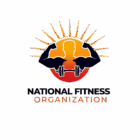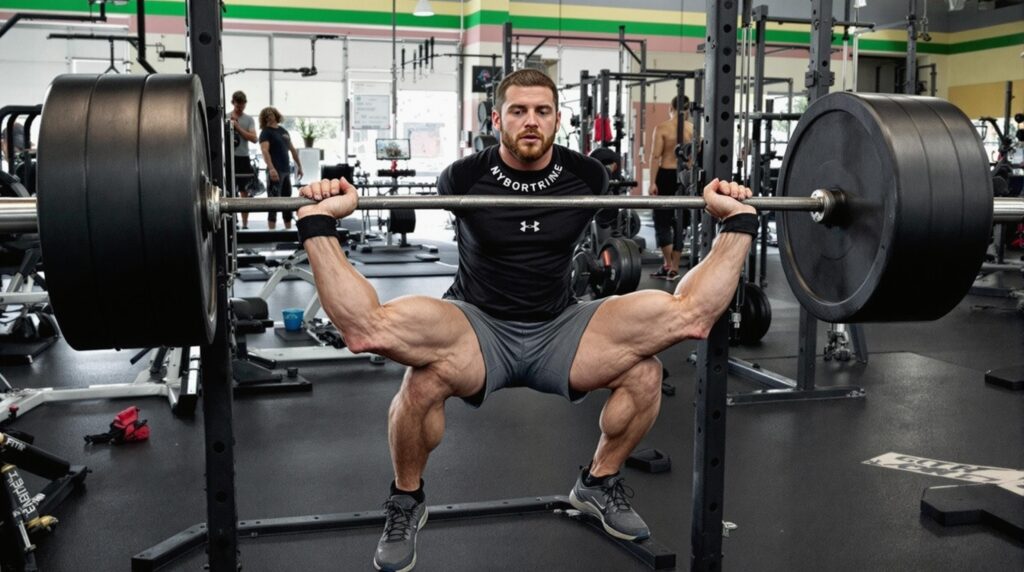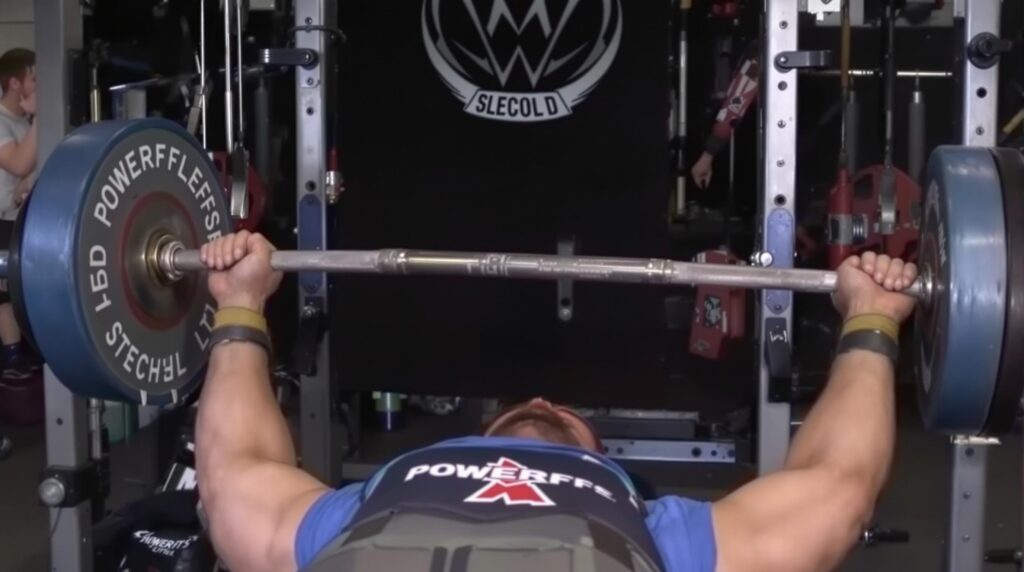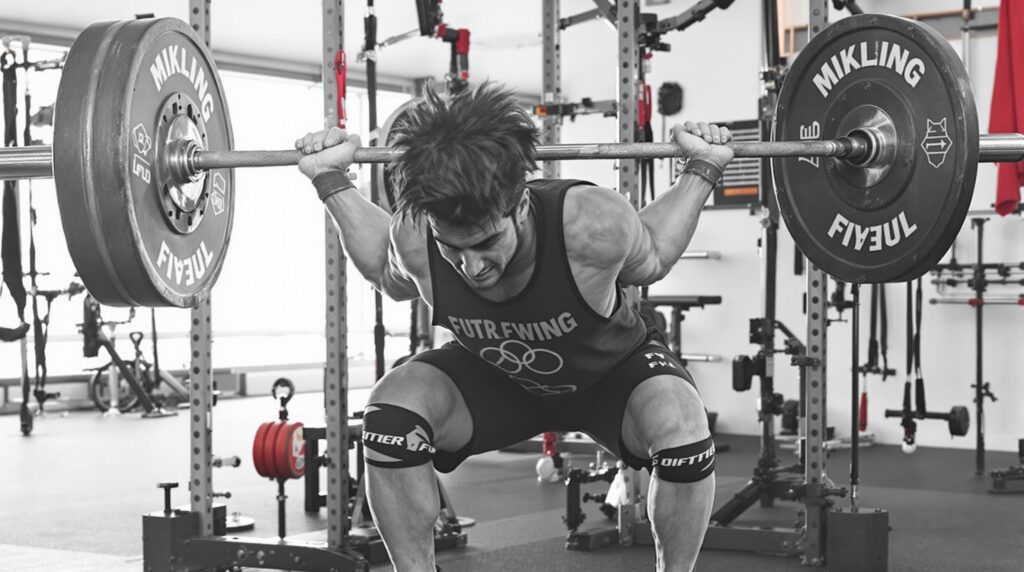Attending a specialized weight lifting camp in 2025 offers transformative opportunities for fitness enthusiasts looking to elevate their strength training expertise. These immersive experiences combine expert coaching, community support, and cutting-edge techniques to accelerate progress and create lasting changes in both physical capability and mental approach to fitness.
Key Takeaways
- Accelerated progress through intensive, focused training environments
- Access to elite coaches and equipment not typically available in standard gym settings
- Comprehensive approach including technique refinement, nutrition education, and recovery strategies
- Building a supportive community of like-minded individuals for continued motivation
- Long-term transformation of habits that extend well beyond the camp experience
Why Consider a Weight Lifting Camp in 2025
The fitness landscape continues to evolve, and specialized training camps have emerged as game-changers for those serious about strength development. Unlike typical gym sessions, a weight lifting camp provides an immersive experience where you can focus exclusively on your fitness goals without daily distractions. These camps have gained popularity because they compress months of learning into days or weeks.
The 2025 weight lifting camps feature updated methodologies based on recent sports science advancements. They incorporate personalized programming that adapts to your specific body mechanics and goals, whether you’re a beginner learning proper form or an advanced lifter aiming to break through plateaus.
Many participants report making more progress during a single weight lifting camp than in months of self-directed training. This accelerated development comes from the combination of expert guidance, proper technique correction, and the motivational environment that pushes you beyond self-imposed limitations.
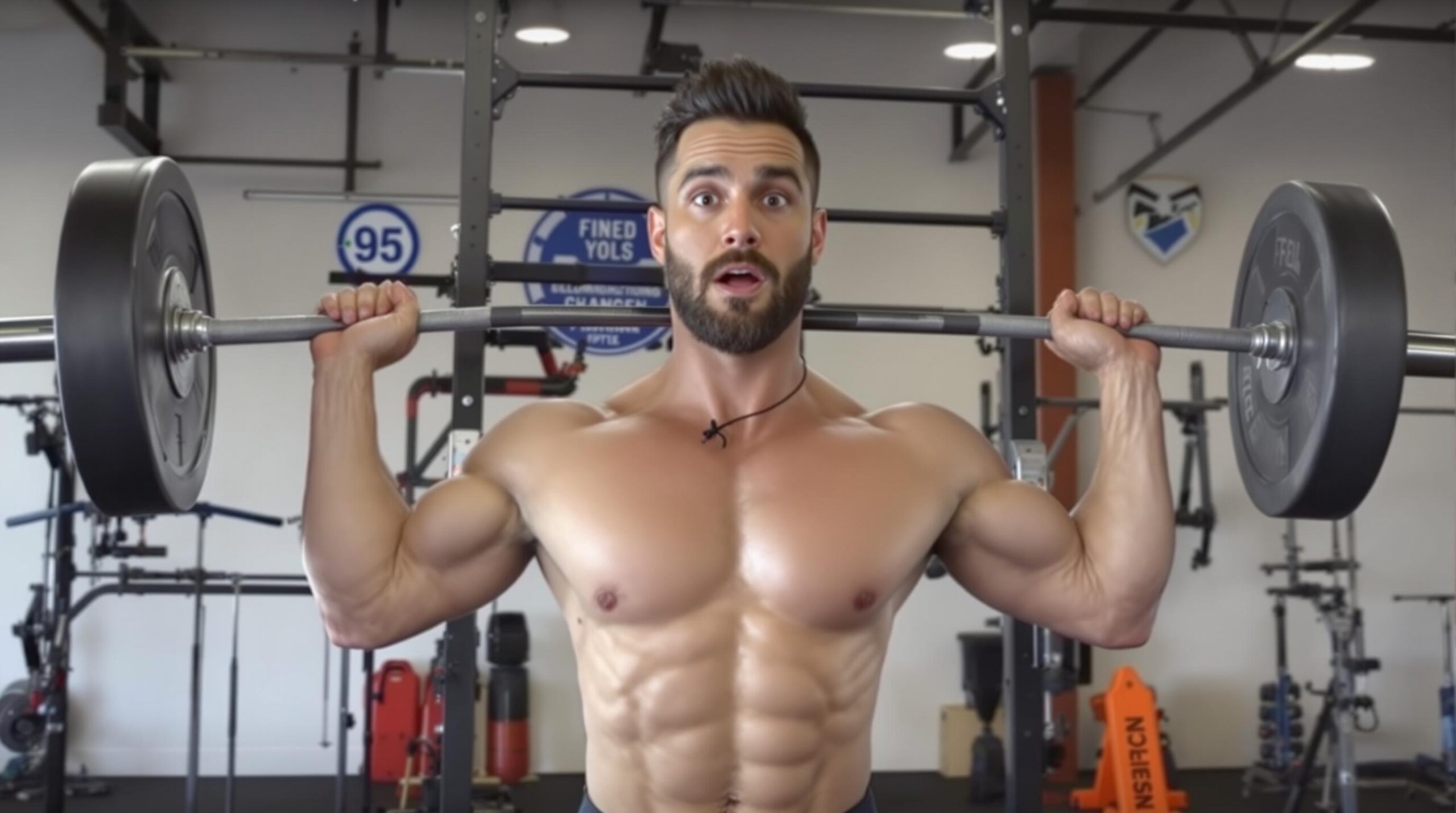
Expert Coaching and Technique Refinement
One of the most valuable aspects of attending a weight lifting camp is access to professional coaches who might otherwise be unavailable to the average gym-goer. These coaches include former competitive athletes, certified strength specialists, and occasionally even world lift record holders who share their specialized knowledge.
The coach-to-participant ratio at most quality camps remains intentionally low to ensure personalized attention. This allows for immediate feedback on form and technique—something impossible to get from watching online videos or working out alone. Proper technique not only maximizes your results but also significantly reduces injury risk.
During the camp, you’ll receive video analysis of your lifts, allowing you to see exactly what needs correction. This visual feedback proves invaluable, as many lifters don’t realize their form issues until seeing themselves in action. The coaches then provide specific cues and drills to address these technical flaws.
Comprehensive Programming and Progressive Overload
Weight lifting camps don’t just focus on random exercises—they implement structured programming based on proven principles. Most camps utilize periodization techniques that systematically vary volume and intensity to drive consistent progress while preventing burnout.
These programs typically include various training methodologies such as:
- Strength-focused protocols with lower repetitions and higher weights
- Hypertrophy-oriented sessions with moderate weights and higher volume
- Technique work focusing on movement patterns and coordination
- Specialized variations to address individual weaknesses
- Recovery-focused sessions including mobility and active restoration
This varied approach ensures complete development rather than just focusing on the lifts you already enjoy. Many campers discover that addressing their weakest links provides the fastest overall improvement. If you’re looking for continued structure after the camp ends, many programs provide free gym workout plans to maintain momentum.
Nutrition Education and Recovery Protocols
Physical training represents only one aspect of a comprehensive fitness journey. Modern weight lifting camps now include detailed nutrition education tailored to support your training goals. Rather than providing generic meal plans, these camps teach principles of proper fueling that you can adapt to your specific preferences and lifestyle.
You’ll learn about macronutrient timing, hydration strategies, and how to adjust your eating based on training intensity. Many camps now include practical cooking demonstrations and food preparation tips rather than just theoretical knowledge.
Recovery techniques have become increasingly sophisticated in recent years, and quality camps incorporate these methods into the daily schedule. These may include:
- Guided mobility and flexibility sessions
- Proper cool-down protocols after intense training
- Introduction to recovery tools like foam rollers, massage guns, and compression
- Stress management and sleep optimization techniques
- Tracking recovery metrics to prevent overtraining
The Community Factor and Long-Term Motivation
Perhaps the most underrated benefit of a weight lifting camp is the community aspect. Being surrounded by like-minded individuals working toward similar goals creates an environment of positive peer pressure and support. This community often extends beyond the camp through online groups and follow-up sessions.
Many lifters report that the relationships formed during these intensive experiences provide ongoing motivation months and years after the camp ends. Having training partners who understand your journey—even if only virtually—can make the difference between consistency and abandoning your goals during challenging periods.
The camp environment also exposes you to different perspectives and approaches to training. You might meet people from various backgrounds who have overcome similar obstacles, providing inspiration and practical strategies for your own journey. This diversity of experience enriches your understanding of fitness beyond what any single coach could provide.
Transforming Your Mindset and Habits
Beyond physical skills, a weight lifting camp can fundamentally change your approach to fitness. The immersive nature of the experience helps establish new habits and routines that can carry over to everyday life. The structured environment removes decision fatigue and helps automate beneficial behaviors.
Many participants report developing a more disciplined mindset that extends to other areas of their lives. The camp experience teaches persistence through difficulty, the value of incremental progress, and the importance of process over immediate results—lessons that apply universally.
For those seeking comprehensive guidance beyond the camp, exploring the ultimate workout routine can provide additional structure for your continuing fitness journey.
Choosing the Right Weight Lifting Camp
Not all weight lifting camps offer equal value. When selecting a camp for 2025, consider these important factors:
- Coach qualifications and experience
- Participant-to-coach ratio
- Camp specialization (powerlifting, Olympic lifting, general strength, etc.)
- Facility quality and available equipment
- Pre-camp assessment and customization options
- Post-camp support and follow-up programs
The best camps typically require some form of pre-screening to ensure participants are placed in appropriate groups based on experience and goals. This might include submitting videos of your current lifts or completing a detailed questionnaire about your training history.
I recommend looking for camps that provide clear communication about daily schedules and expectations. Transparency about what’s included in the price—meals, accommodations, take-home materials—helps avoid surprises and ensures you get full value from your investment.
Preparing for a Successful Camp Experience
To get the most from your weight lifting camp investment, proper preparation makes a significant difference. I suggest beginning a consistent training routine at least 8-12 weeks before camp to build a foundation of basic movement patterns and conditioning.
Document your current performance metrics including weights used, repetitions completed, and any limitation notes. This provides a valuable baseline for measuring your progress during and after camp. Taking videos of your current lifting technique also helps coaches identify areas for improvement more quickly.
Pack appropriate clothing for multiple training sessions per day, including comfortable footwear designed for lifting. Consider bringing any personal equipment you regularly use, such as lifting belts or wrist wraps, even if the facility provides these items. Familiarity with your own gear eliminates one variable during the learning process.
The Lasting Impact of a Weight Lifting Camp
The benefits of attending a weight lifting camp extend far beyond the days or weeks spent in the intensive training environment. Most participants report continued progress for months afterward as they implement the techniques and principles learned during the experience.
The camp serves as a reference point for proper form and training intensity. When facing challenging workouts back in your regular gym, you can recall the level of effort demonstrated at camp and push yourself accordingly. This mental benchmark often helps break through plateaus that previously seemed insurmountable.
Perhaps most importantly, the camp experience typically instills a deeper appreciation for the training process itself. Rather than focusing exclusively on outcomes like weight lost or pounds lifted, many campers develop a genuine enjoyment of skillful movement and progressive challenge—a mindset that sustains long-term fitness success.
